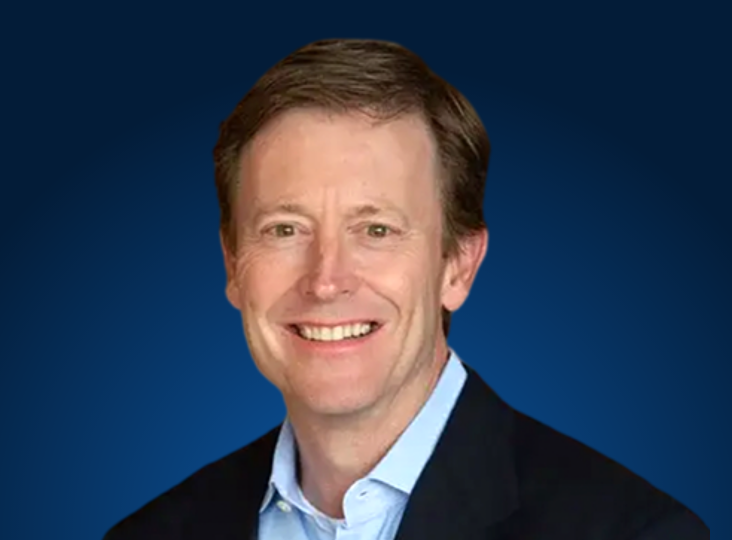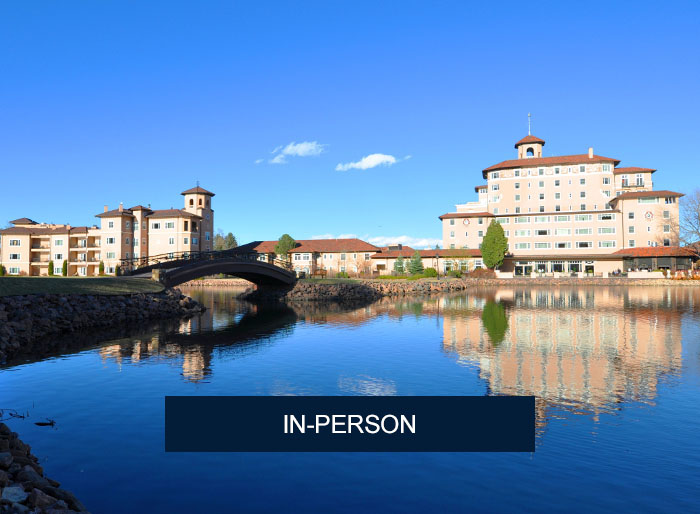Using intellectual humility to understand the power of data
Using intellectual humility to understand the power of data
We invite you to join us on our transformative expedition for a new podcast season of NRC Health’s Patient No Longer podcast, a biweekly series designed exclusively for healthcare visionaries who dare to reimagine the healthcare customer journey.
In the latest episode of Patient No Longer, Hannah Fry touches on the intersection of data, healthcare, and her personal experience with cervical cancer, highlighting the challenges and opportunities of each.
Conversation
What cancer taught me about numbers
Podcast Guest
Hannah Fry, Ph.D., Professor, Mathematics of Cities Centre for Advanced Spatial Analysis at University College London
Highlights
Each situation is different, and remembering elements of Human Understanding is critical for patients in crisis, but the key is to accept the power of uncertainty. Fry shares her experience with cervical cancer and how it changed her perspective on risk, uncertainty, and decision-making. With optimal mathematical strategies, there are limits to what medical experts can predict, which highlights the importance of embracing uncertainty.
“The big thing when I was diagnosed with cancer is that I spent my entire life thinking about numbers, right?” Fry says. “My entire life is about risk, uncertainty, and probabilities. And all of a sudden, when those numbers are about your life, everything looks so different. What does it actually mean to say, there’s a 90 percent chance that this will happen? It’s genuinely meaningless. How do you communicate that translation between population-level numbers and what it means for an individual in a genuine crisis? What I see from the outside as a mathematician looking in is, I don’t think that there is a culture of accepting the uncertainty either within patients or, often, within the healthcare profession itself.”
Patients get exceptional care in the United States vs. the United Kingdom. Fry notes the stark differences between UK and US healthcare. In the UK, the focus is more on treating patients at a population level, while in the US, there is a stronger emphasis on the patient as a consumer. She notes that both systems have their merits and flaws.
“America is at one extreme; Britain is right at the very other extreme,” she says. “And I think that both have their merits and faults—they’re very, very different. I think the big thing in the UK is that it’s about treating at a population level, and you really feel that acutely when you’re in the system. There’s a phrase: The NHS is good at births and deaths—nothing in between.”
As for the United States, while the availability of exceptional care is noble, she says it does feel extraordinary that you can live in a country that is so rich, and yet people are left behind without care.
“There’s a nice quote: Medicine is a science of uncertainty and the art of credibility,” she says. “I really, really think that’s true. I think that there is obviously so much outside of the numbers. But you have to get comfortable with the uncertainty of it all.”
The joy of data lies not in the quantity, but in the types of questions you can ask. Fry emphasizes that rather than drowning in excessive data, we should focus on asking the right data questions. She says fretting about making models, dashboards, or conclusions as perfect as possible is ultimately impossible, and instead we need intellectual humility about our decisions.
“This isn’t about making stuff as perfect as possible; it’s about accepting that it’s always wrong, and therefore, it’s about continually committing to looking for and repairing and resolving your representation of the reality,” she says. “Having humans right at the very center of this, and having the data serve the human rather than the other way around, is important. I think that being cognizant of the power of data and its limitations is the only way to ensure that the human absolutely stays in the center of everything.”
Listen to the Patient No Longer episode to discover how many bookshelves Fry has dedicated to non-fiction, and why Bristol is the Boston of the UK.







